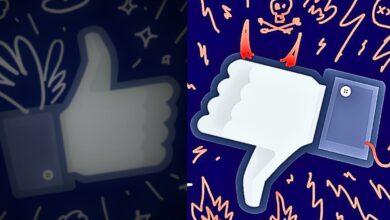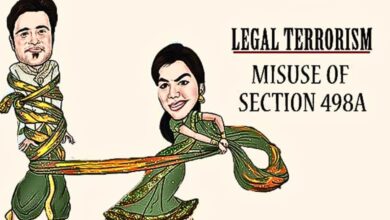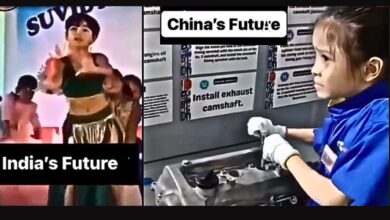Washington deepens in the commercial and geo-strategic confrontation with China.
The United States government has imposed sanctions on 11 senior Hong Kong officials, including Chief Executive Carrie Lam, for undermining the territory’s autonomy and preventing freedom of expression for its citizens, through the new national security law. promulgated a month ago by Beijing. The Treasury Department announced this Friday that President Donald Trump signed an executive order ordering the freezing of all assets that these officials have in the United States and preventing Americans from entering into transactions with those sanctioned.

About the law in Hong Kong
The Chinese parliament approved a new mandate on land security in June, in response to massive protests in recent months. The measure provides for life imprisonment for those who participate in “seditious”, “terrorist” or “subversive” activities and hands over to the Chinese central government security operations in the enclave, a former British colony, which was returned to China in 1997 under a framework of freedoms and autonomy that had to be respected by Beijing until 2047. The new law also punishes any attempt to separate Hong Kong from China. Faced with this scenario, Washington has begun to take measures to prevent the new security provisions from intensifying in the territory.
“The recent imposition of draconian national security law in Hong Kong has not only undermined Hong Kong’s autonomy but has infringed on the rights of its people by allowing mainland Chinese security services to operate with impunity in the region, ”the US Treasury reported in a note. The Trump Administration also points out that China is trying to undermine the democratic process, indirectly referring to the postponement of the legislative elections in Hong Kong scheduled for September 6, but that they have been postponed for a year on the grounds that it is not possible to hold them with safety due to the coronavirus pandemic.
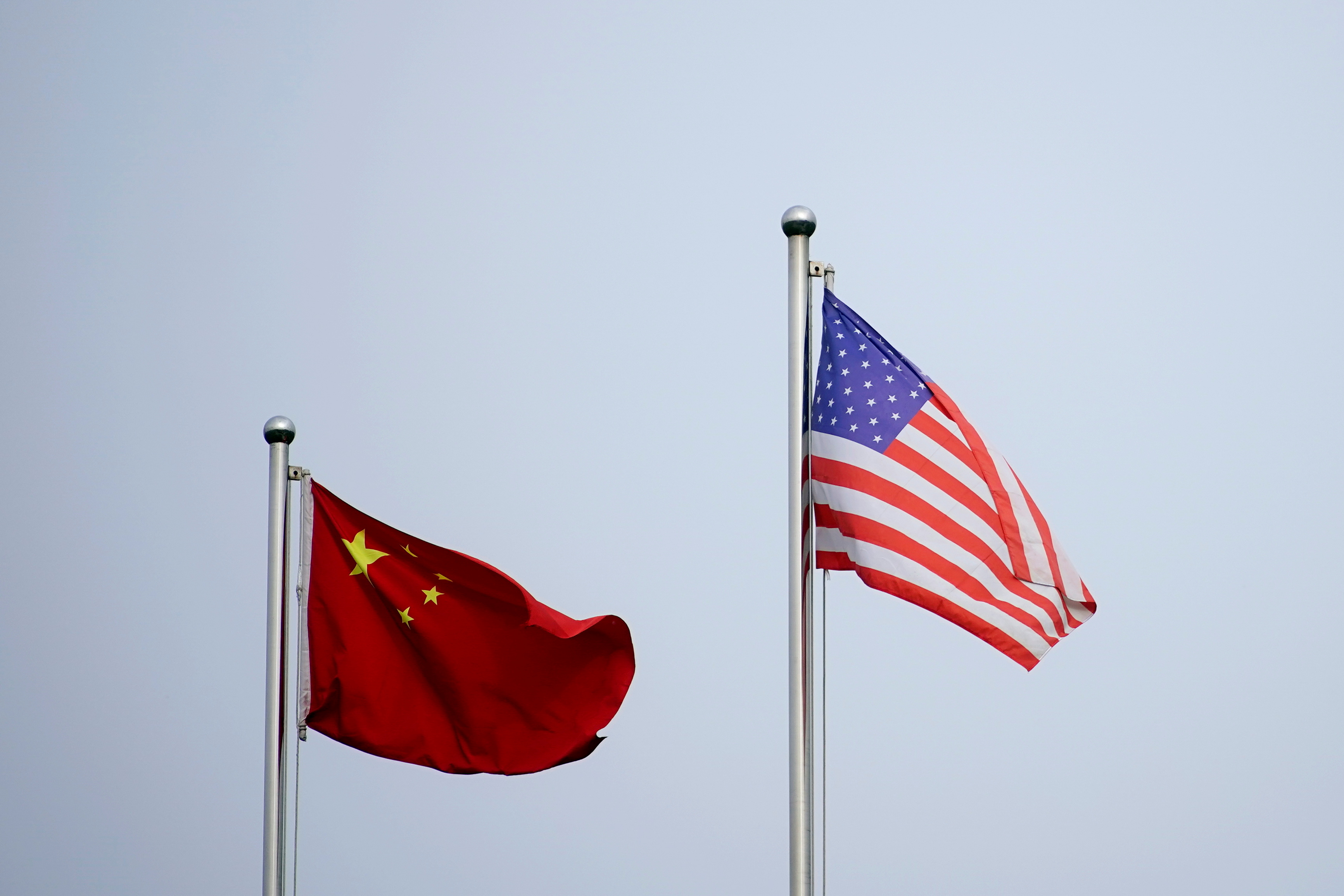
“The United States supports the people of Hong Kong and we will use our tools and authority to target those who undermine their autonomy,” said Treasury Secretary Steven Mnuchin. Along with Lam, the Treasury has also sanctioned Chris Tang, Hong Kong Police Commissioner, and John Lee, Government Secretary for Security. Also, several members of the Chinese Communist Party have been included in the list, including Xia Baolong, director of the Hong Kong and Macao office of the Chinese Governing Council and Luo Huining, director of the main Chinese government office in Hong Kong.
This Friday’s sanctions are in addition to those that Trump signed on July 14 to withdraw preferential treatment to the former British colony. Thus, the United States would no longer give “special privileges and export of technology” to Hong Kong, since with the security law the territory would no longer be considered autonomous. This measure represents a blow to one of the most important financial centres in the world, but also produces a double effect by affecting the economic interests of China.
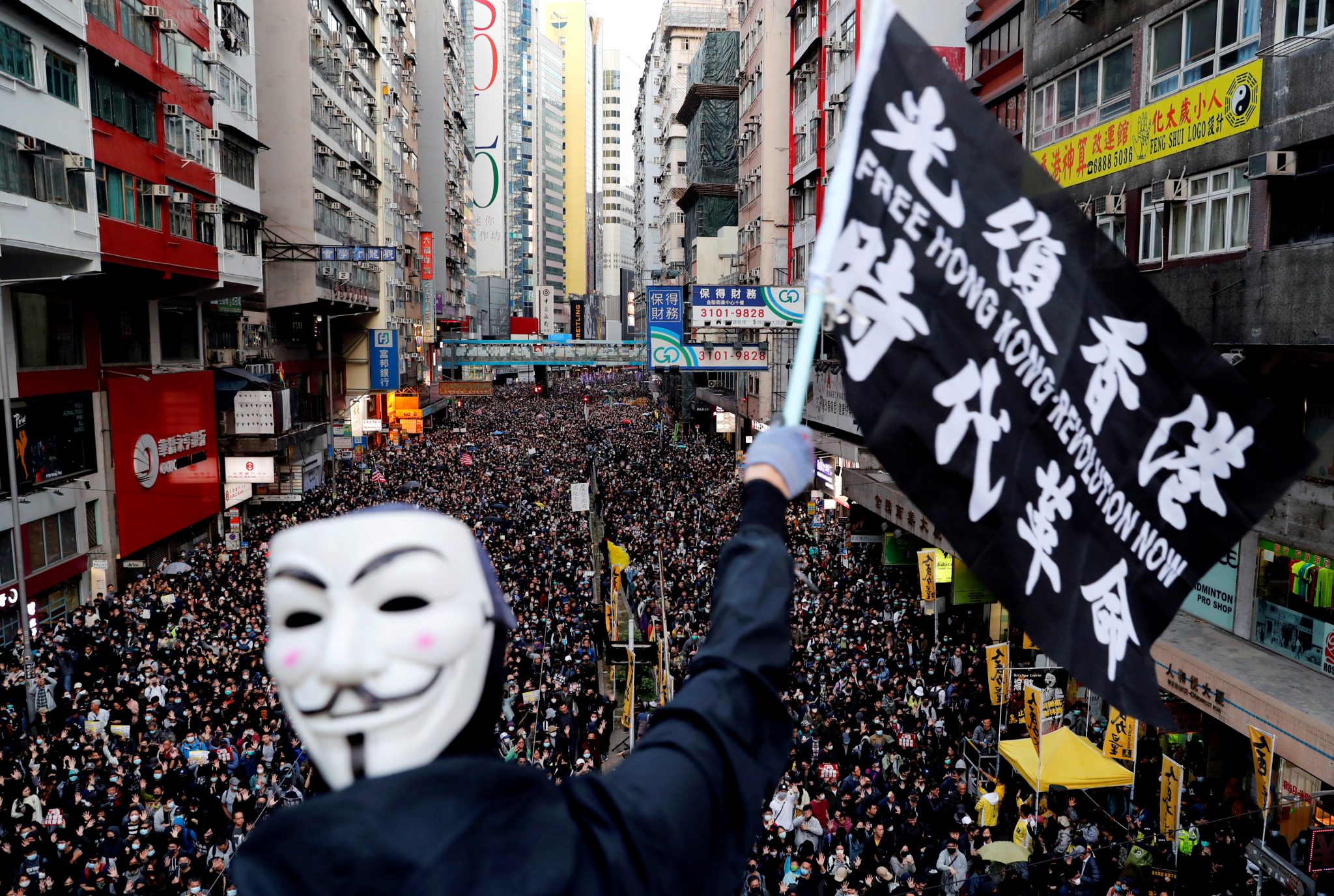
The confrontation between Beijing and Washington is getting worse every day and has diversified on different fronts, in what draws a new Cold War. While the United States condemns China’s pressure on Hong Kong and imposes sanctions on its officials, it also announced on Friday the ban on two technology platforms in its territory: TikTok and WeChat.
He accuses them of stealing their users’ information to hand it over to the Chinese government and has given them a 45-day ultimatum. In addition, it maintains tensions in diplomacy due to the arrest of several Chinese citizens accused of espionage and the closure of the Chinese consulate in Houston (Texas) a couple of weeks ago, which has unleashed equivalent measures on the part of Beijing.

Trump regularly resorts to his attacks on China in his public appearances and speaks harshly about its leaders. He also frequently insists that the coronavirus pandemic has been caused by the Asian country. Some media in the US, such as The New York Times, point out that he does so to strengthen his re-election campaign, by being on the offensive with the Xi Jinping government and avoiding addressing other issues of local interest.

